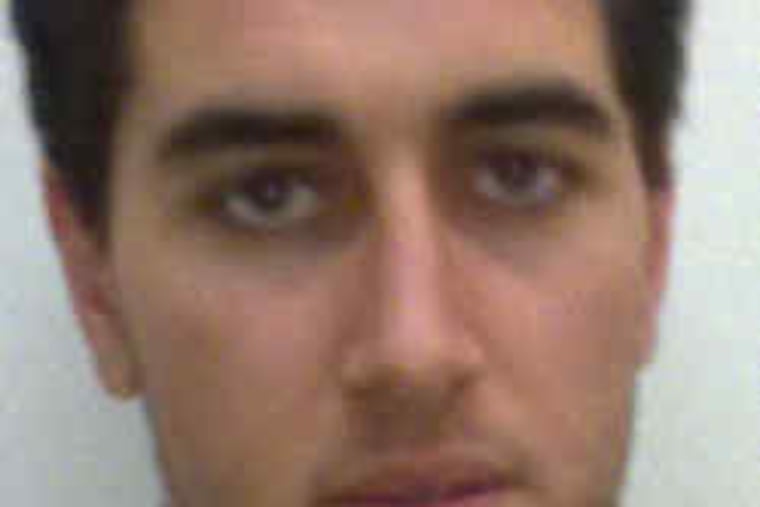FBI questions Muslim students
Sources say agents are weighing evidence of a possible conspiracy against 5 in Pakistan.

WASHINGTON - FBI agents have questioned some of the young Americans arrested in Pakistan as U.S. investigators gather evidence that could lead to conspiracy charges against them, an American official and another person familiar with the case said yesterday.
Agents are working to determine whether there is enough evidence to charge any of the five Muslim students with conspiracy to provide material support to a terrorist organization, the two people said. They spoke on condition of anonymity because they were not authorized to discuss the investigation.
Officials in both countries expect the five, who are from the Washington area, to be deported back home. But Pakistan may hold them long enough for U.S. prosecutors to prepare charges; there was no immediate indication how long that might take.
While Pakistani officials have said the men admitted trying to connect with militant groups, an FBI note sent to U.S. lawmakers Thursday night said the bureau had "no information linking them to terrorist organizations." That FBI note did not address whether the students attempted to join some terrorist group.
The other possible charge, one that could be more difficult to bring, would be conspiracy to maim or kill people overseas.
"If they had reached an agreement among themselves and were pursuing an opportunity to train or fight with what they knew to be a foreign terrorist organization, then that would be a crime," said Pat Rowan, the former head of the Justice Department's national security division.
Making that case would depend largely on what the men say to FBI agents and whether any evidence or incriminating statements gathered by Pakistani police would meet U.S. legal standards. "Where one needs to be at least a little skeptical is that that will translate into the sort of evidence that can be used in an American courtroom," Rowan said.
Statements made by Americans to police overseas can be used against them in a U.S. trial, as long as the statements were not coerced. Another key source of evidence could be the men's computers, on which Pakistani police say they found maps of areas where extremists operate.
Yesterday, local Muslim leaders gathered at the mosque where the five young men prayed in Alexandria, Va., across the Potomac River from Washington. Mahdi Bray, executive director of the Muslim American Society Freedom Foundation, accused extremists of manipulating young men through online videos and writings. "We are determined not to let religious extremists exploit the vulnerability of the emotions of our children through slick, destructive propaganda," Bray said.
Pakistan officials say the five men used the social-networking site Facebook and the Internet video site YouTube to try to connect with extremist groups in Pakistan. When they arrived in Pakistan, they allegedly took that effort to the street.
They were reported missing by their families more than a week ago after one of them left behind a farewell video showing scenes of war and casualties and saying Muslims must be defended. Pakistani police detained them this week - along with one of their fathers - in Sargodha, a town in the eastern province of Punjab.
One of the men being held is identified as an Egyptian American named Ramy Zamzam, a dental student at Howard University. The others were identified as Waqar Hussain, Aman Yemer, Ahmad Minni, Umar Farooq, and his father, Khalid Farooq. Investigators are still trying to establish what role, if any, the father played in the men's alleged activities, officials said.